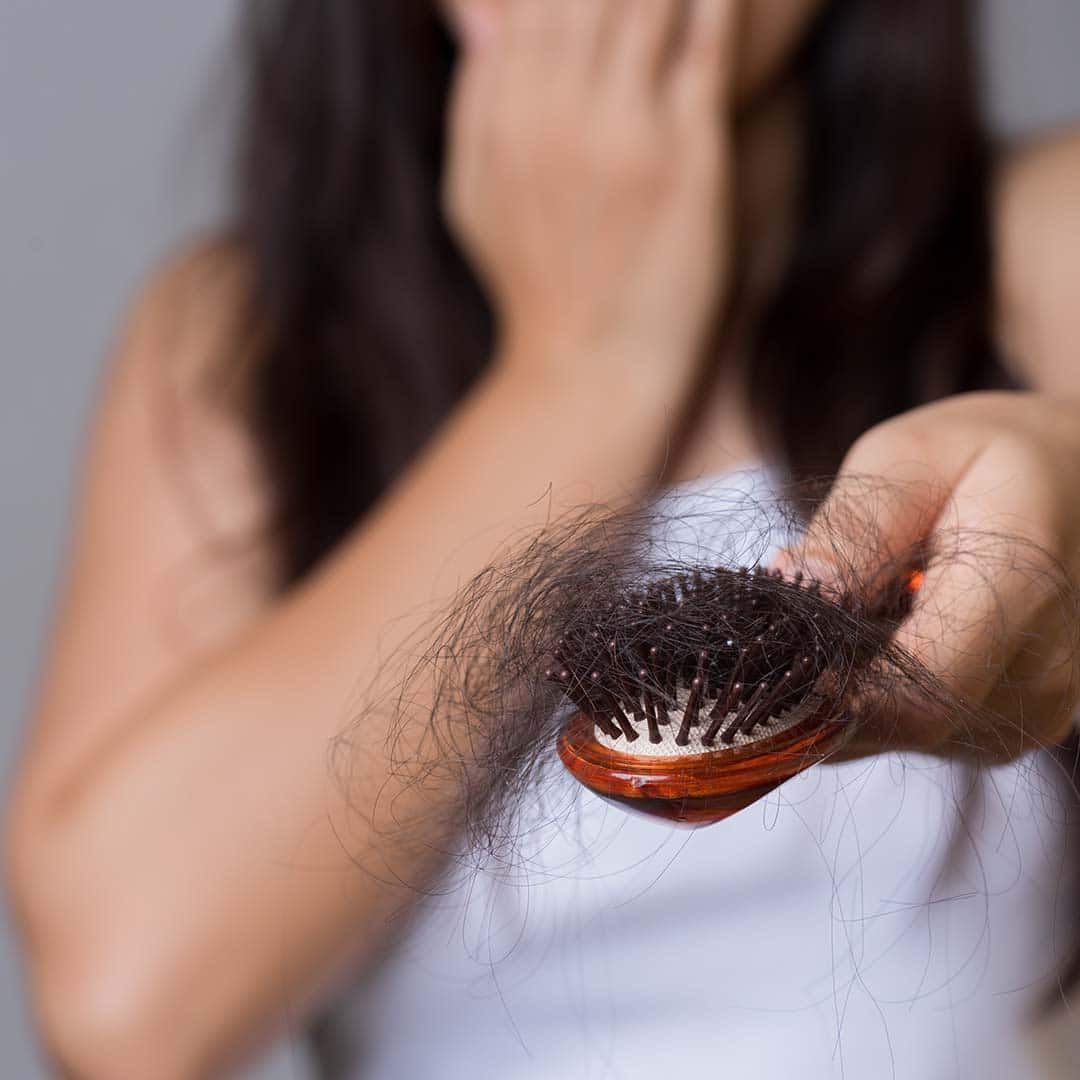Can women get a hair transplant?
Many women undergo hair transplantation in order to improve their hair as well as boost their self-confidence. Much like male patients, females suffering from hair loss need to be evaluated by an experienced hair transplant surgeon in order to determine if they are good hair transplant candidates.
Can your body reject a hair transplant?
There are some examples where patient physiology can be responsible for poor yield of hair transplant results. However, this is a very rare occurrence and it is usually difficult to distinguish from human error.
According to various studies that have been worldwide conducted, when it is not a result of an external error, a hair transplant that is simply “rejected” by the body is usually caused by post-transplant Lichen Planopilaris (LPP).
LPP is an inflammatory scalp disorder that normally results in patchy alopecia.
Luckily, these percentages are low and theoretical in nature. This makes worrying about something like this occurring probably unnecessary. In the hands of an experienced hair transplant doctor and medical team, hair transplantation is a very safe and successful procedure. However more importantly, the probability of the body developing a condition and “rejecting” a hair transplant is extremely low.
Do you have hair transplant services for women patients?
Yes. Women are able to undergo a hair transplant procedure without shaving their head with a hair transplantation method also defined as the DHI hair transplant technique, considered as the advanced version of FUE method. The term ‘without shaving’ means that the receipt site will remain unshaved but the donor area will be partially shaved.
As women wear their hair long, it is easier to perform this method. In conclusion, women can also benefit from a hair transplant surgery but it is important to diagnose the condition accurately. As with all hair transplant treatments, hair transplantation for women should be customized and planned according to individual specifications.
Hair transplantation that offers a permanent solution for hair loss, is the process of extracting follicular units from the donor area (taking place at the back of the head) that are genetically resistant to balding and transplanting into areas of hair-loss on the scalp. This procedure, which is carried out with minimal invasive methods, yields successful results in women with permanent hair loss conditions, as long as they have adequate amounts of donor supply. Hair transplantation stands out as one of the most favored treatments amongst women experiencing localized or male-patterned hair loss conditions.
As with all hair transplant treatments, hair transplantation for women should be customized and planned according to individual needs. For this reason, during your consultation session, with the correct planning carried out by a specialized doctor, it is very possible to grow back the hair that you have once lost. As Hu + Clinic, we offer hair transplantation services for women according to their individual specifications.
How to stop hair loss during pregnancy?
Pregnant women experience some changes in their hair due to increased levels of estrogen hormone. This hormone also affects the hair follicles. Hair loss after pregnancy or childbirth is not a major problem; because it is a temporary condition that returns to normal after birth. However, it can affect the mother and the baby.
Hair loss can be caused by conditions such as illness or malnutrition. So, How to prevent hair loss during pregnancy or after pregnancy?
The application of oil: Regular care of your scalp can be beneficial for the health of your hair. Applying oil for hair care twice a week before bedtime can help you nourish your hair. Among the best natural care oils for hair health; Coconut, almond oil and olive oil.
Avoid excessive processes: during pregnancy; Try to protect your natural hair type, rather than using too many straighteners, tumble dryers or other tools for your hair. When it is wet, be gentle with your hair and use a wide-toothed comb.
Vitamin and mineral deficiencies: Pregnant women are advised to have a healthy diet that includes the essential nutrients they need for their baby. It is recommended to apply a diet rich in vegetables and fruits containing antioxidants and flavonoids. It stimulates hair growth and protection.
Avoid stress: Stress is one of the main causes of hair loss during pregnancy. However, it is impossible to stay away from stress during pregnancy. In that case; It’s important to focus on what makes you feel good. Meditation can help prevent stress and hair loss during pregnancy.
Avoid chemicals products: There are many products in the market that claim to eliminate hair loss. But these products are not suitable for pregnant women because they contain harmful chemicals. During pregnancy you should only use hair care products containing biotin and silica.
Avoid combing your hair when wet: Generally we dry and comb our hair directly after leaving the shower. But this should be avoided because when your hair is wet the fall is much easier. If you comb wet hair, the loss will be faster. It is best to wait until the hair dries naturally.
DHI is the newest method in hair transplant procedures. The unique feature about DHI (Direct Hair Implantation) implantation method is that during operation recipient site creation and graft implantation are performed simultaneously and implantation are combined as part of a one or two step process, embedding the extracted hair follicles directly into the recipient areas without the need of creating channel incisions via utilizing an implanter (Choi) pen. The implanter/Choi Pen features a very thin and sharp fine tip. This fine tipped Choi needle is shaped like a hollow needle and allows the grafts to be inserted within the needle.




